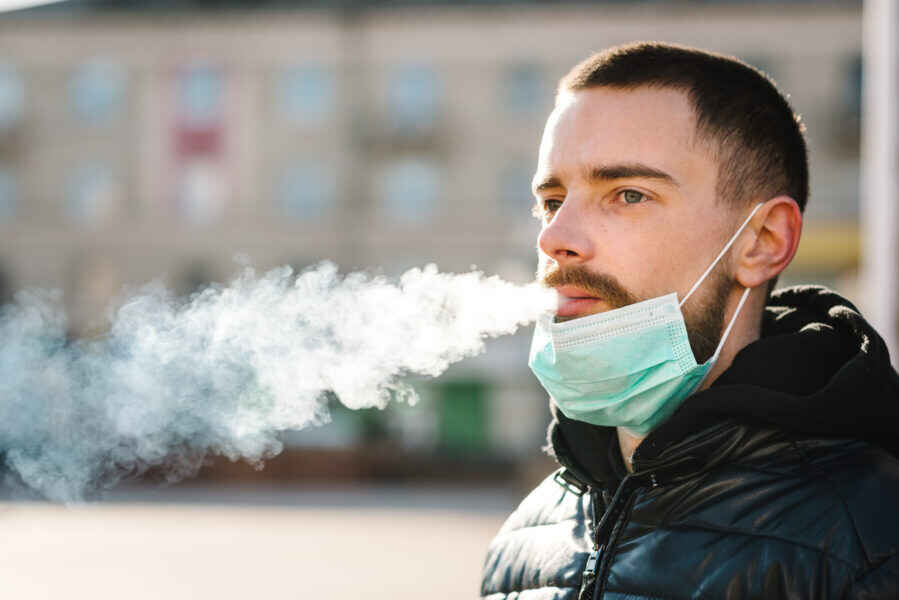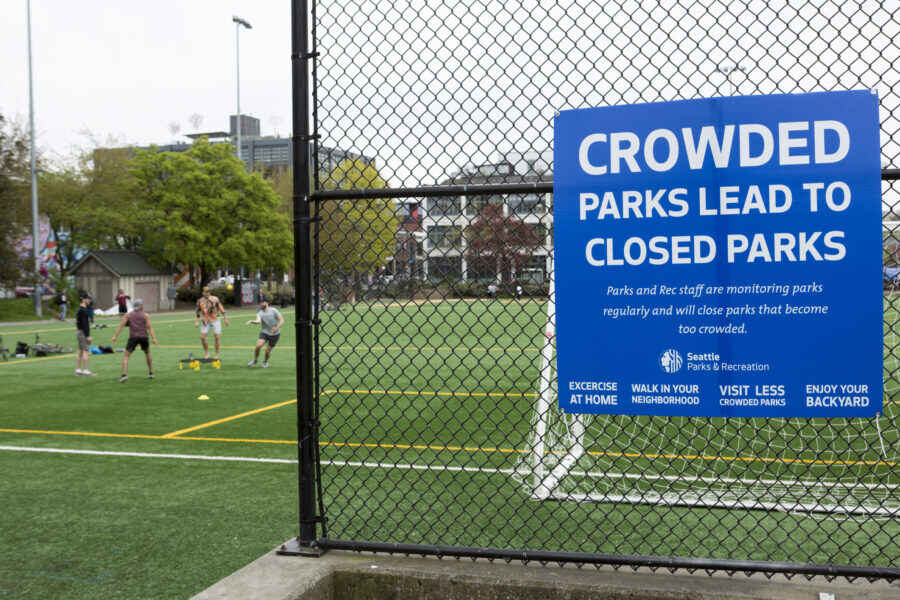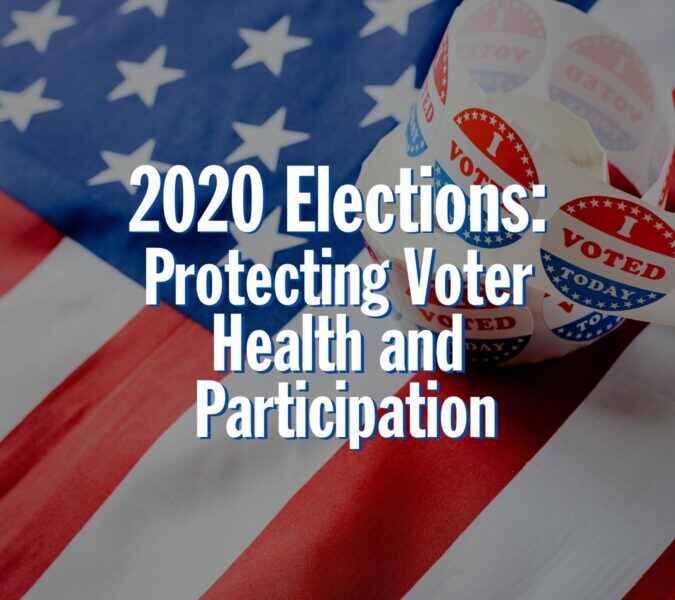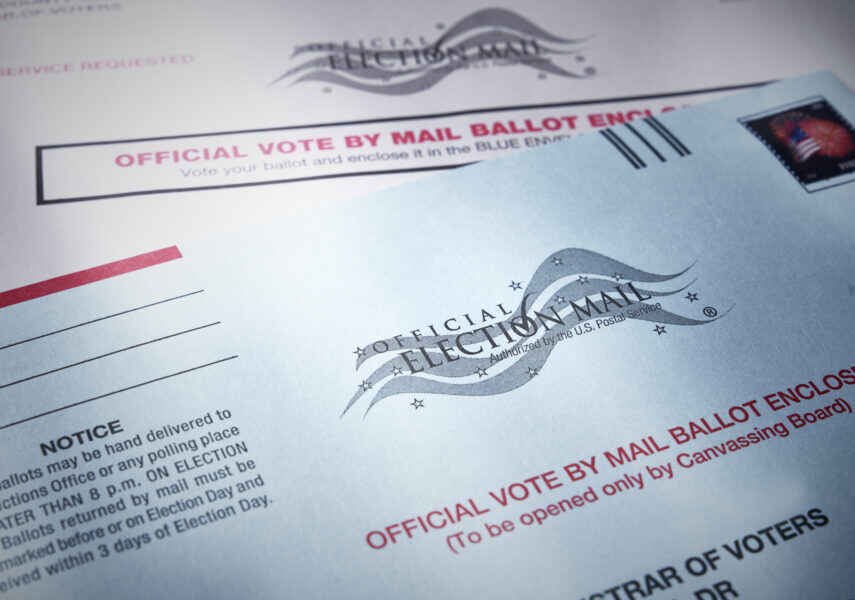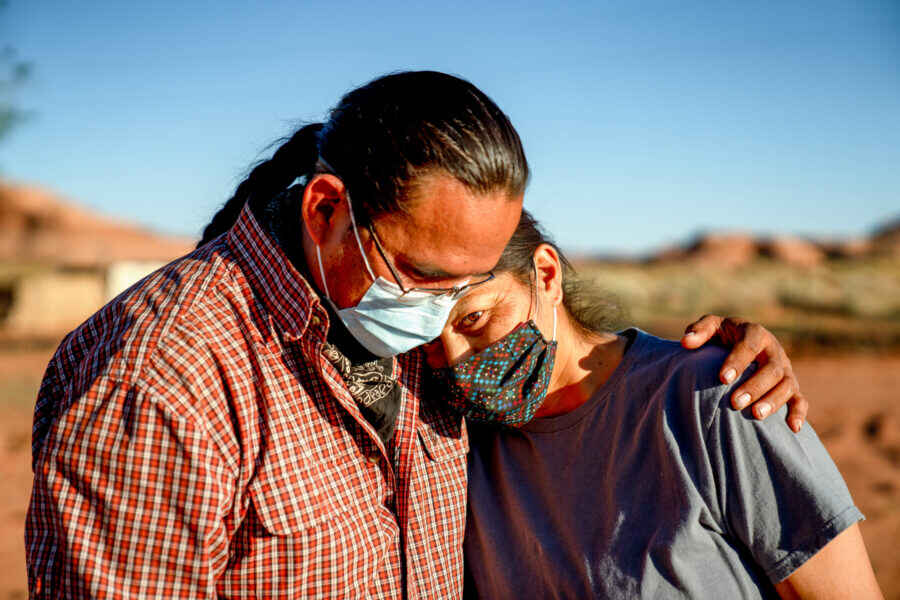
The Navajo Nation Responds to COVID-19
Law & Policy InsightsCOVID-19Tribal HealthSocial and Community ContextThe Navajo Nation has a long history of having morbidity and mortality rates that are much higher than the rest of the nation due to systemic oppression, underfunding by the Federal government, and lack of resources. In light of these factors, it should come as no surprise that the Navajo Nation is suffering extensively due to COVID-19 as compared to other parts of the U.S.

